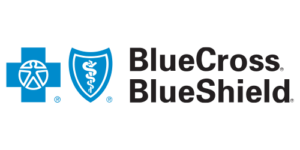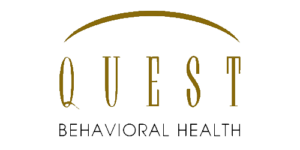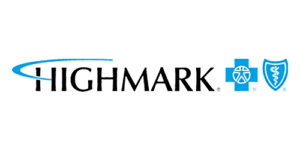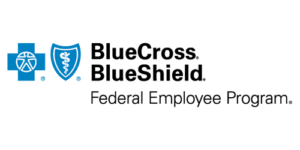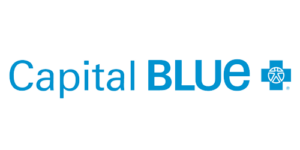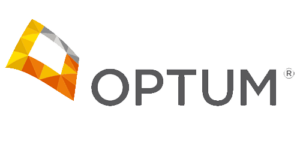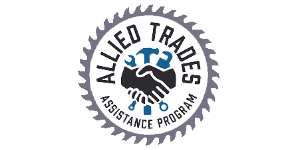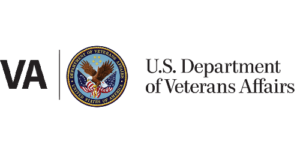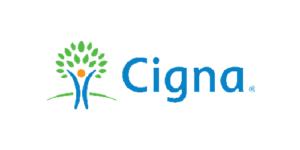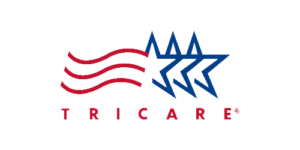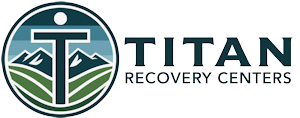Acknowledge the Problem
Admitting you need help is the foundation of recovery. Denial often prolongs suffering, but recognizing patterns like cravings, withdrawal symptoms, or strained relationships can empower you to take action. Reflect on how substance use or mental health struggles impact your daily life—this self-awareness is the first step toward meaningful change.
Reach Out for Professional Help
Addiction and mental health disorders are complex, but specialized care can guide you toward stability. At Titan Recovery Centers, we provide free confidential assessments to evaluate your needs and recommend personalized treatment plans. Our outpatient programs ensure safe mental health and addiction management, while dual diagnosis therapy addresses co-occurring conditions like anxiety or trauma simultaneously.
Commit to a Treatment Plan
Recovery is a journey that requires structure and support. Our evidence-based programs include individual therapy (CBT, DBT, trauma-informed care), group sessions to build community, and holistic therapies like yoga and mindfulness. Staying engaged in treatment helps you develop coping skills, process underlying pain, and rebuild a life aligned with your values.
Embrace Aftercare and Ongoing Support
Long-term success depends on maintaining the progress you’ve made. Titan’s aftercare plans include relapse prevention strategies, alumni support groups, and connections to local sober communities. Regular check-ins with counselors and peer networks ensure you never feel isolated, even after completing a program.
Help for a Loved One
Approach Them with Compassion
Initiate conversations when your loved one is calm and sober to avoid defensiveness. Use “I” statements like, “I’m worried because I care about you,” to express concern without blame. Share specific examples of behavioral changes, such as withdrawal from family events or sudden mood swings, to highlight the need for help.
Set Healthy Boundaries
Protecting your well-being is critical when supporting someone in crisis. Avoid enabling behaviors, such as covering up their mistakes or financially supporting harmful habits. Clearly communicate consequences if they refuse treatment, like limiting contact, to motivate them to seek help while preserving your own mental health.
Consider Staging an Intervention
A structured, professionally guided intervention can break through denial and encourage treatment. Titan’s team helps families plan interventions that emphasize love, accountability, and actionable next steps. We can help mediate tough conversations and arrange immediate admission to our programs if your loved one agrees to help.
Prioritize Your Own Self-Care
Supporting someone in active addiction can be emotionally exhausting. Join our Family Therapy Program to process grief, learn healthy communication strategies, and rebuild trust. Individual counseling and peer support groups for families can also help you navigate guilt, anger, or burnout.
Paying for Rehab
What is the Recovery Process?
Your journey begins with a thorough, compassionate evaluation of your physical, mental, and emotional health. Our clinical team reviews your medical history, substance use patterns, and any co-occurring disorders like anxiety or depression. This assessment ensures we understand your unique needs, allowing us to create a tailored roadmap for your recovery.
Based on your assessment, our experts collaborate with you to recommend the most effective treatment path. Whether you require IOP, PHP, or specialized dual diagnosis treatment, your plan adapts as you progress. We prioritize your goals, lifestyle, and preferences to ensure the program aligns with your vision for healing.
For those balancing recovery with work, school, or family commitments, our Intensive Outpatient Program (IOP) and Partial Hospitalization Program (PHP) provide structured care without residential stays. IOP includes 9–12 hours of weekly therapy, while PHP offers 20+ hours for higher support needs—both include individual counseling, group sessions, and skill-building workshops. These programs focus on skill-building, stress management, and reintegrating into daily life with confidence.
Therapy is the cornerstone of sustainable recovery, addressing both behaviors and underlying trauma. Our licensed therapists use cognitive-behavioral therapy (CBT), dialectical behavior therapy (DBT), and trauma-informed care to help you reframe negative thought patterns. Group sessions foster peer connection, while holistic practices like mindfulness and art therapy teach emotional regulation and self-compassion. Over time, you’ll build a toolkit of strategies to navigate triggers, repair relationships, and maintain sobriety.
Signs of Addiction
- Behavioral Signs
- Secretive or dishonest behavior
- Neglecting responsibilities (work, school, family)
- Loss of interest in hobbies
- Physical Signs
- Weight changes
- Poor hygiene
- Bloodshot eyes, tremors, or slurred speech
- Psychological Signs
- Mood swings or irritability
- Paranoia
- Denial about substance use
- Social Signs
- Isolation from loved ones
- New friends who abuse substances
- Financial or legal troubles
If these signs resonate, contact Titan Recovery Centers for a confidential evaluation.

